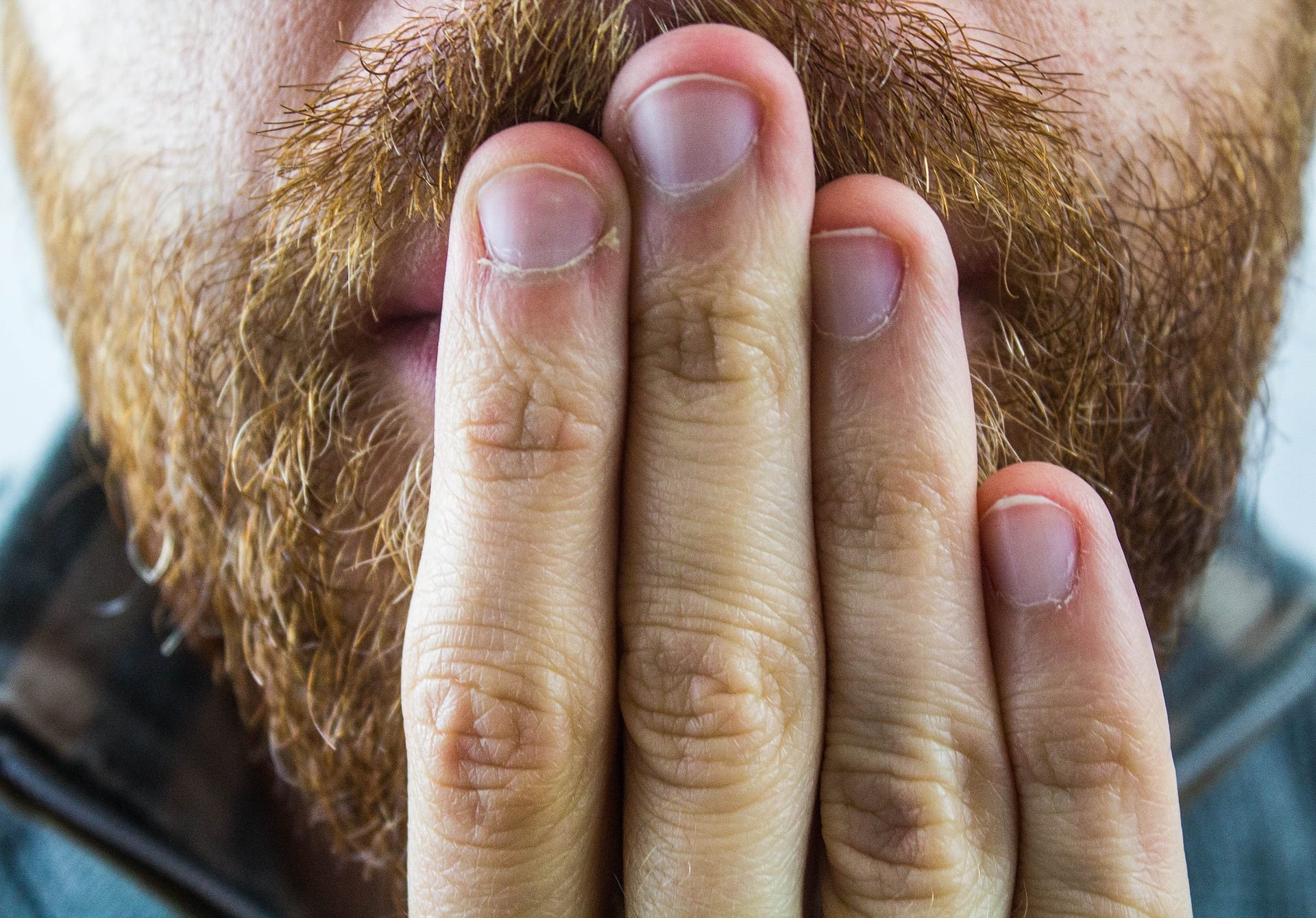Hiccups are already super annoying, and they usually come at the most inconvenient times – like when you’re somewhere that’s supposed to stay quiet. Say, at a movie. On a date.
Or something.
If you have a way of making them stop, then that’s great – definitely keep doing it. But, did you ever wonder what it is in your favorite remedy that’s the key to the cure?
To answer your question, the BBC did some research into what stops hiccups…and why it works.

Photo Credit: Pixabay
Hiccups are caused by spasms in the diaphragm that rush air to the lungs and make the vocal cords close quickly. The action causes you to make the hiccup noise.
While there’s no real, surefire cure to this annoyance, there are parts of home cures that do seem to help: raising the levels of carbon dioxide levels in your blood and stimulating the vagus nerve.
Some people swear by holding their breath or breathing into a paper bag. Those methods seem to work by raising the levels of carbon dioxide in the blood.
The BBC said,
They can work sometimes, but researchers are unsure why. Some think it’s a way of distracting the body so that it worries about the build up of CO2 instead; others have proposed that hiccups may be caused by low levels of CO2 in the first place, and therefore high levels would inhibit the hiccups.
Another way hiccups can be “cured” is by drinking a glass of water or having someone startle you. This action works by stimulating the vagus nerve, which connects your brain to your stomach and controls breathing and swallowing.

Photo Credit: Pexels
Here’s what the BBC found:
[The vagus] nerve is implicated in the hiccupping process, but you can disrupt the chain of events by stimulating the nerve so that it sends signals to the brain telling it to attend to this new sensation instead. This is where remedies such as gulping water, biting a lemon or eating crushed ice come in. Similarly, pulling the tip of your tongue, putting your fingers in your ears or gently pressing on your eyeballs can all stimulate the vagus nerve. Think of it as distracting the body from your hiccups by making something else dramatic happen to it. The same logic applies to giving someone a fright.
If you already have a remedy to cure your hiccups, it’s probably best to keep using it, no matter the science behind it. But, it’s still interesting to know why it actually works.






